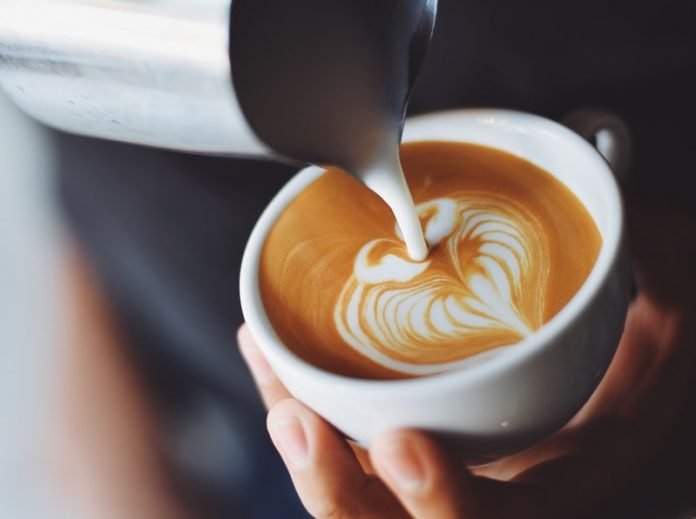
In a new study from Michigan State University, researchers found relying on caffeine to get you through the day isn’t always the best way to fight sleep loss.
They assessed how effective caffeine was in counteracting the negative effects of sleep deprivation on cognition. As it turns out, caffeine can only get you so far.
In the study, the team assessed the impact of caffeine after a night of sleep deprivation.
More than 275 participants were asked to complete a simple attention task as well as a more challenging “placekeeping” task that required the completion of tasks in a specific order without skipping or repeating steps.
They found that sleep deprivation impaired performance on both types of tasks and that having caffeine helped people successfully achieve the easier task.
However, it had little effect on performance on the placekeeping task for most participants.
The team says caffeine may improve the ability to stay awake and attend to a task, but it doesn’t do much to prevent the sort of procedural errors that can cause things like medical mistakes and car accidents.
Insufficient sleep is pervasive in the United States, a problem that has intensified during the pandemic. Consistently lacking adequate sleep not only affects cognition and alters mood, but can eventually take a toll on immunity.
The researchers say that caffeine increases energy, reduces sleepiness and can even improve mood, but it absolutely does not replace a full night of sleep.
Although people may feel as if they can combat sleep deprivation with caffeine, their performance on higher-level tasks will likely still be impaired. This is one of the reasons why sleep deprivation can be so dangerous.
The study has the potential to inform both theory and practice. The findings underscore the importance of prioritizing sleep.
If you care about sleep and your health, please read studies about not all sleep is equal when it comes to cleaning your brain and findings of frequent use of pain and sleep drugs may double your frailty risk.
For more information about sleep loss prevention and treatment, please see recent studies about a better way to treat insomnia and sleep apnea and results showing that avoid these 3 things in your dinner to sleep better tonight.
The study is published in the Journal of Experimental Psychology: Learning, Memory, & Cognition. One author of the study is Kimberly Fenn.
Copyright © 2021 Knowridge Science Report. All rights reserved.



